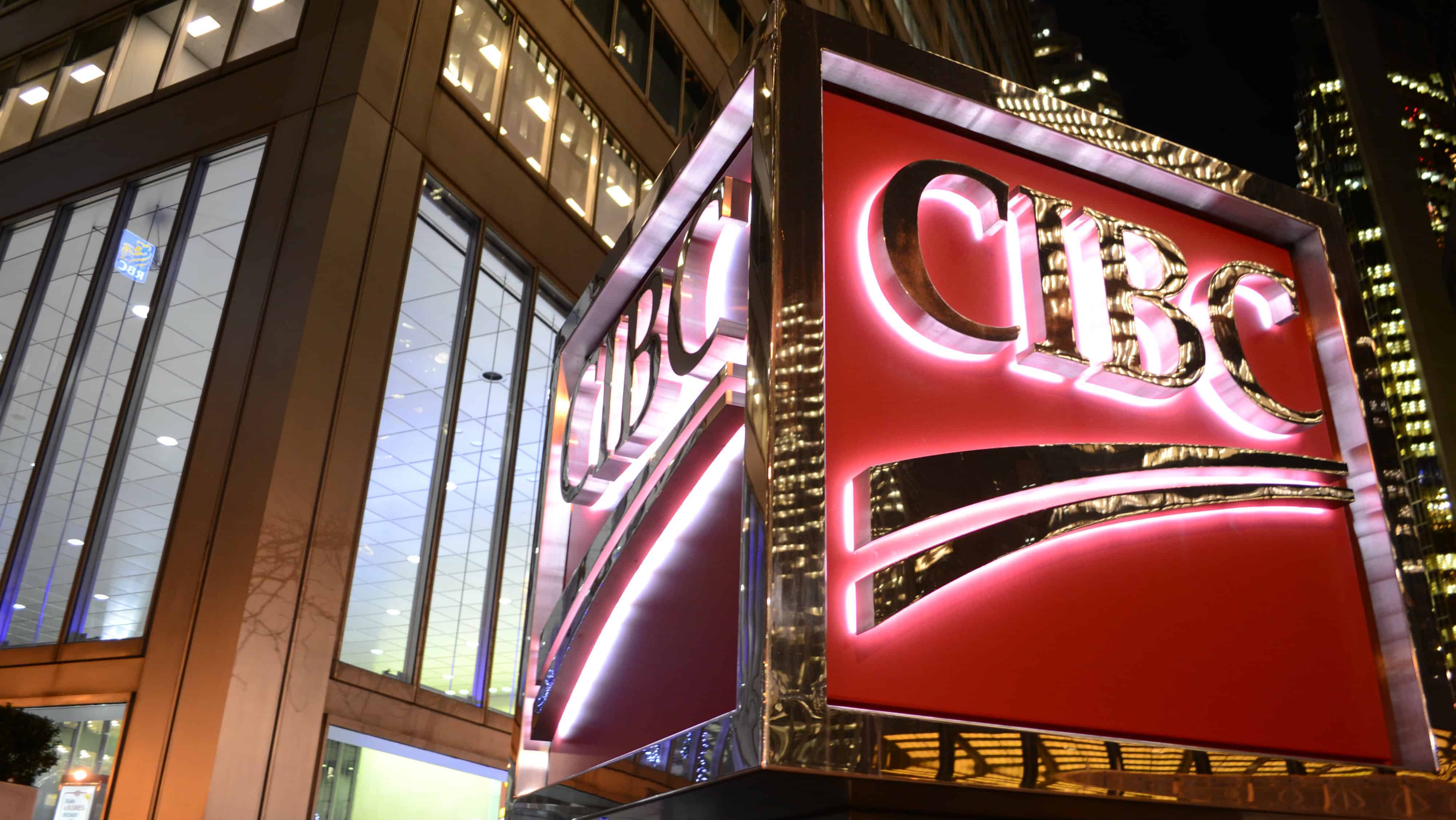After the U.S. Federal Reserve announced the results of the most recent “stress tests,” the U.S. stock market edged higher and made many investors very wealthy along the way. With the promise of higher dividends (and, in many cases, larger share buybacks), Canadian investors do not necessarily have to be directly invested in U.S. financials to make a substantial profit. There are numerous opportunities from these U.S. names!
For those not in the know, the stress tests are now an essential part of the banking business, as the government wants to avoid a repeat of 2008. The main purpose is to ensure that there is enough capital available (to each bank) should there be another challenging economic downturn — a greater explanation is available here.
How do Canadian investors benefit?
As many U.S. banks have been given the green light to increase their dividends (and share buybacks), the markets will inevitably continue rising, while making American investors richer. The best news (for Canadian investors) comes to those who own shares of Canadian Imperial Bank of Commerce (TSX:CM)(NYSE:CM). The Toronto-based institution recently completed the major acquisition of a U.S.-based wealth management operation. Essentially, higher assets under administration will lead to higher profit — without the need for a green light for a dividend increase.
In addition to the higher amount of profit, what has made this name so tantalizing as of late is the most recent earnings beat. As the company reported quarterly earnings of $2.95 per share (which was higher than estimates), the year-over-year increases have already started, up from $2.64 for the same quarter one year ago. The dividend came in at $1.33 per share and offers investors a yield of no less than 4.65% at current levels.
In spite of a recent increase of only $0.03 per share, investors still have a lot to look forward to, and it goes far beyond the dividend. The company recently announced a major share buyback, which will make new dividend increases easier to undertake. With fewer shares outstanding, earnings per share will increase, and fewer dollars will be needed to sustain and increase the dividend.
The only challenge with this name remains with the tangible book value, as Canadian banks are well diversified and typically trade as a function of price to earnings instead of price to book value. For investors seeking that safety net, there are a number of names in the United States that are much more top of mind.
At a current price of US$28 per share, Bank of America Corp. (NYSE:BAC) has a substantial amount of book value, which has the opportunity to act as a safety net during times difficulty. The questions that remains, however, is where investors want to position themselves: do they want dividends or capital gains?








